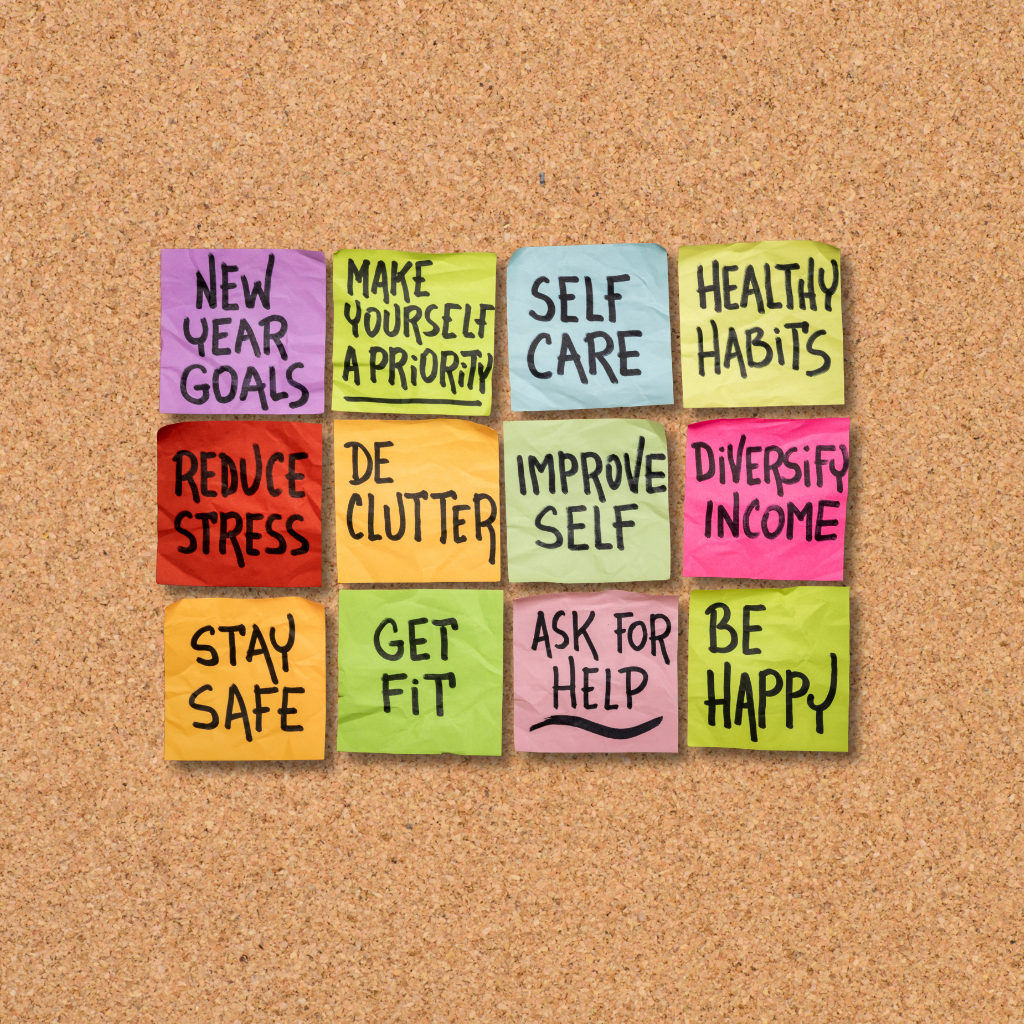I remember wishing our cute kids wouldn’t grow up so fast. Now, they’re all independent and branching into diverse areas of interest. Well, not all of them. You see, you have to be careful what you wish for. I prayed for our children to stay young and G-d gifted us a child with special needs. She doesn’t “grow up” in the conventional sense. She’s as tall as her nine-year-old peers but still hugs us as freely as a two-year-old. Her siblings are still tickled by her cute comments and impish behaviour. The doctors predict that she will grow older without fully growing up.
It’s a bittersweet blessing. She still has the endearing innocence of a toddler but lacks the maturity of a preteen. We all love our kids unconditionally when they are young enough to believe we are superheroes. When they prioritise peers and Playstations over their parents, we feel a tinge of resentment. And when they enter adolescence, we wonder why we didn’t “eat them up” when they were little. Eventually, they emerge from the teen cocoon as responsible, sensitive adults.
Adults are secretly envious of kids. We wish we could still be carefree and trusting. We’ve become crusty and jaded, cynical about people and pessimistic about life. We crave the lighthearted wonder of a child.
Walt Disney believed that growing old is mandatory but growing up is optional. Science posits that ageing is inevitable, but Judaism encourages us to mature without becoming old. Like it or not, we are wired to grow up. The challenge is to keep some youthful innocence as we evolve. I wish I could weave our daughter’s simplicity into our over-complicated lives.
Childhood remains attractive but G-d designed us to age. Our years bring us experience, maturity and, hopefully, wisdom. Peter Panism is dream stuff because you have to be a grownup to make a difference. Einstein didn’t crack Relativity using a six-year-old brain. You can’t mediate a conflict with a child’s black-and-white understanding of “goodies” and “baddies”.
Being Jewish is all about being a child and an adult at once. The first reference to the Jewish people is when Moses tells Pharaoh, in G-d’s name: “Israel is My firstborn son”. Hosea quotes Hashem saying that “Israel is a young child, therefore I love him”. Our souls love Hashem unconditionally and He loves us as a parent who loves their newborn.
So, is it better to remain a Jew of simple faith or to become a scholar? Is the ideal spiritual state humble or complex, childlike or sophisticated? Judaism challenges us to live in a paradox. The beauty of the child is his untainted, unwavering love. He’s all in, excited to do what his parents expect, no matter what. An adult’s advantage lies in gaining perspective and developing character.
We expect to lose our innocence as we gain life experience. That’s what happens naturally. Judaism offers an unnatural alternative. It teaches us to develop our brains without losing our souls. It coaches us to deepen our persona while retaining our unadulterated core.
When Moses tells Pharaoh that we are G-d’s firstborn, he lays out the spiritual path for the Jewish people. We will always be that little child of our supernal Father, even when we develop the greatness implicit in the title “first” born. Some spiritual disciplines suggest we suspend our brains to connect with the Divine Oneness. Judaism teaches that true oneness should accommodate intellect and individuality. Like any parent, Hashem wants us to spread our wings and make our mark. The most rewarding stage of parenting is when your adult children succeed and still love you unconditionally. You have aced your spiritual journey when you study and grow, while still feeling like Hashem’s humble, dedicated child.





